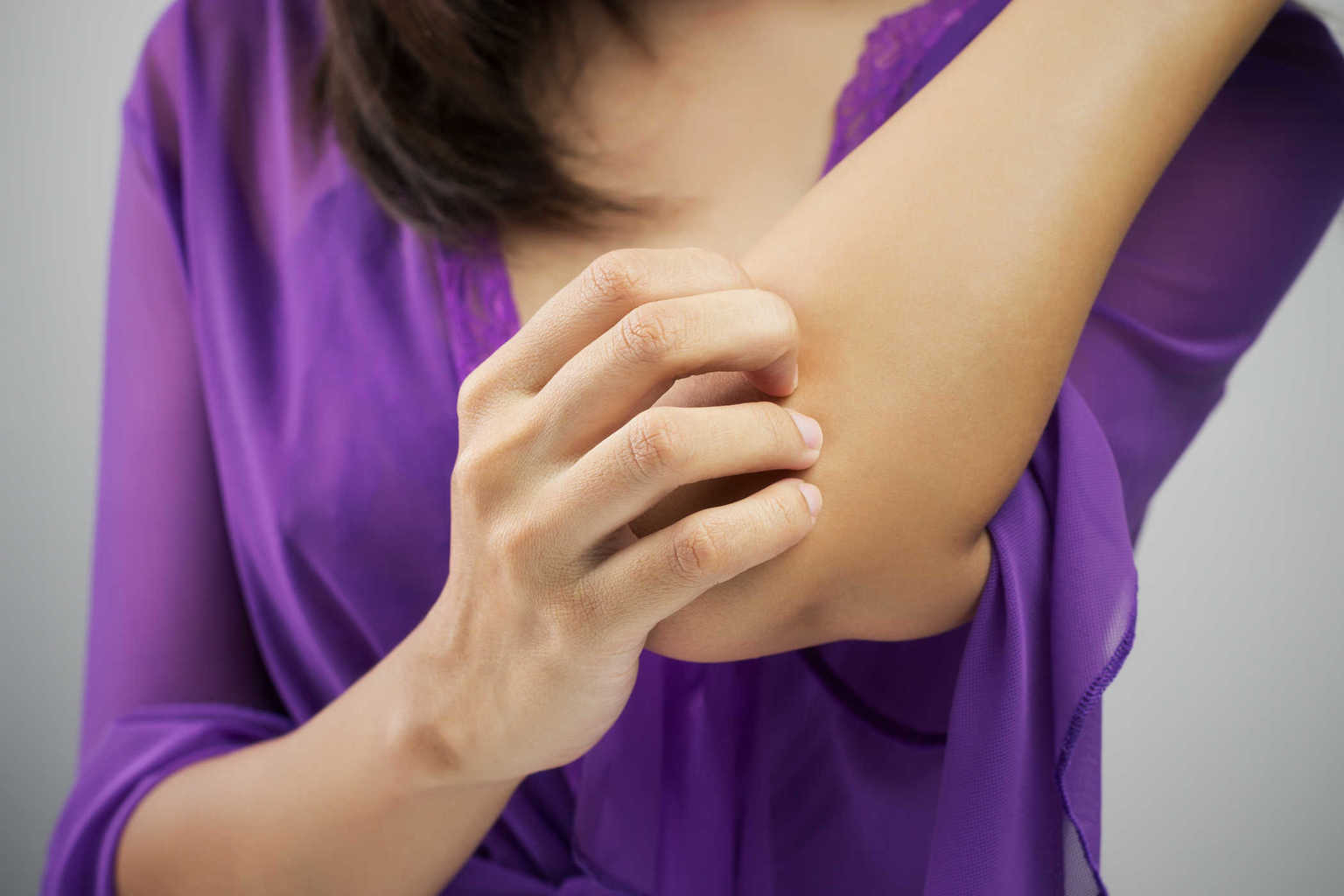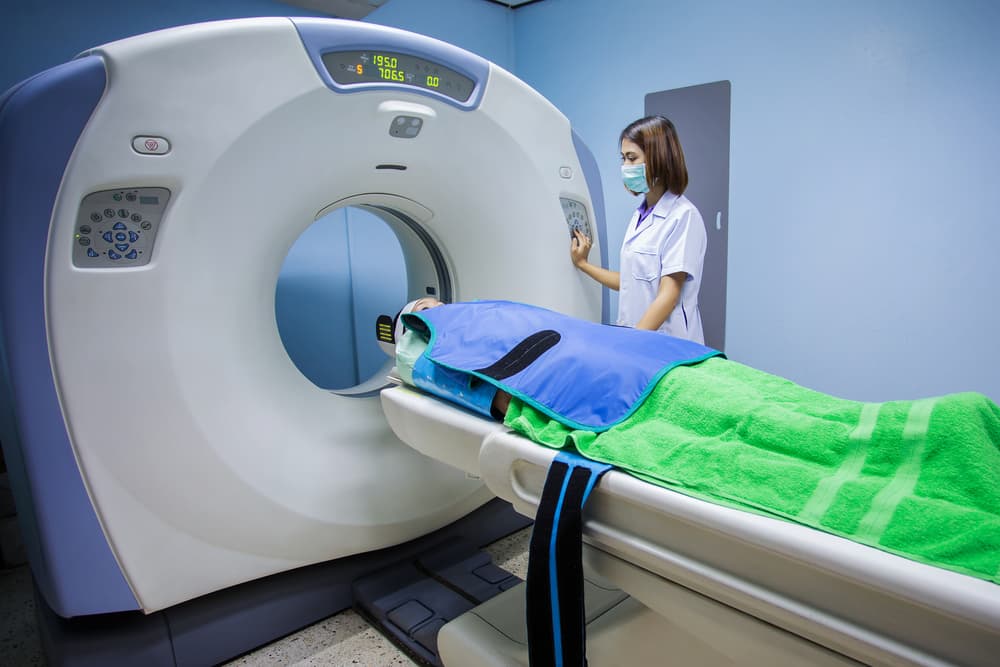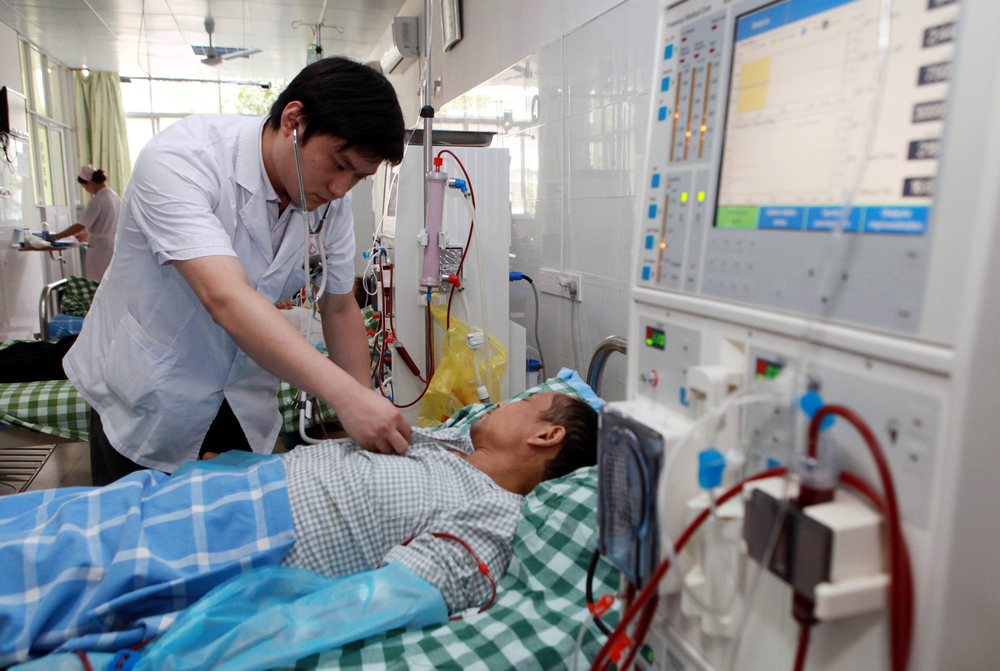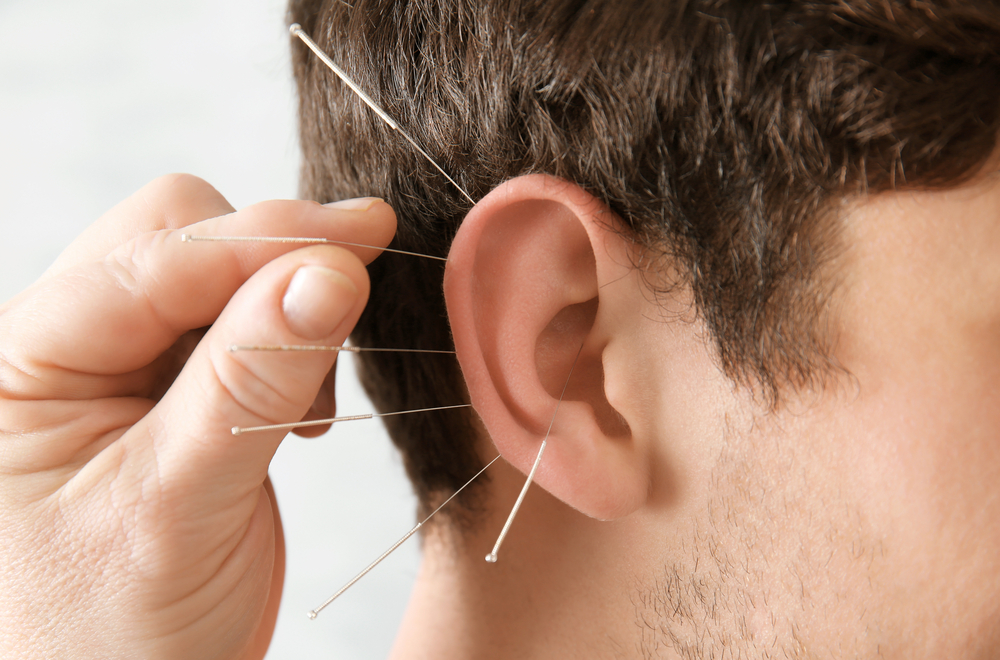Contents:
- Medical Video: 5 Early Symptoms of Diabetes | Diabetes Skin Problems | What Causes Diabetes | Skin Care Routine
- What is Acanthosis Nigricans?
- Who might experience acanthosis nigricans?
- Signs and symptoms of Acanthosis Nigricans
- When should I contact a doctor?
- Why do I experience Acanthosis Nigricans?
- The trigger factor for Acanthosis Nigricans
- How do doctors diagnose Acanthosis Nigricans?
- How do you treat Acanthosis Nigricans?
Medical Video: 5 Early Symptoms of Diabetes | Diabetes Skin Problems | What Causes Diabetes | Skin Care Routine
Acanthosis Nigricans is a skin disorder characterized by skin that is darker, thicker, and velvety on the folds of the body. This is often found in people with insulin resistance related to obesity.
What is Acanthosis Nigricans?
The skin affected by Acanthosis Nigricans can be thickened. Most often, the Acanthosis Nigricans affects your armpits, groin, and neck.
There is no specific treatment available to treat Acanthosis Nigricans. Treatment for some conditions may restore the normal color of the skin and the texture of the skin area affected by Acanthosis Nigricans.
Who might experience acanthosis nigricans?
Acanthosis Nigricans skin changes usually occur in people who are obese or have diabetes. Children who experience this condition have a higher risk of developing type 2 diabetes. Although rare, Acanthosis Nigricans can be a warning sign of cancerous tumors in internal organs, such as the stomach or liver.
Signs and symptoms of Acanthosis Nigricans
Skin changes are the only signs of Acanthosis Nigricans. You will see the skin become thicker, like dark velvet on the folds of the body, usually in your armpits, groin, and back of the neck. Skin changes usually appear slowly. The skin affected by Acanthosis Nigricans may also have odor or itching.
When should I contact a doctor?
Consult your doctor if you notice changes to your skin, especially if the changes appear suddenly. You may have the underlying condition of Acanthosis Nigricans, so you need treatment.
Why do I experience Acanthosis Nigricans?
Acanthosis Nigricans has been associated with:
- Insulin resistance. Most people who have Acanthosis Nigricans have also become immune to insulin. Insulin is a hormone secreted by the pancreas that allows your body to process sugar. Insulin resistance is the initial cause of type 2 diabetes.
- Hormonal disorders. Acanthosis Nigricans often occurs in people who have disorders such as ovarian cysts, underactive thyroid, or problems with the adrenal gland.
- Certain medicines and supplements. High doses of Niacin, birth control pills, prednisone and other corticosteroids can cause Acanthosis Nigricans.
- Cancer. Acanthosis Nigricans also sometimes occurs with lymphoma or when cancerous tumors begin to grow in internal organs, such as the stomach, intestine or liver.
The trigger factor for Acanthosis Nigricans
Risk factors for Acanthosis Nigricans include:
- Obesity. The more your weight, the higher your risk of getting Acanthosis Nigricans.
- Family history. Some types of Acanthosis Nigricans seem to be hereditary.
If you have Acanthosis Nigricans, you are far more likely to have type 2 diabetes.
How do doctors diagnose Acanthosis Nigricans?
Doctors detect Acanthosis Nigricans during a skin examination. You may have to undergo a skin biopsy, where a small sample of skin is taken for examination in the laboratory. If the cause of Acanthosis Nigricans is unclear, your doctor may recommend a blood test, X-ray, or other test to look for possible underlying causes of Acanthosis Nigricans.
How do you treat Acanthosis Nigricans?
In many situations, treating the underlying problem can help diminish color changes. Examples might include:
- Lose weight. If your Acanthosis Nigricans is caused by obesity, losing weight can help.
- Stop taking drugs or supplements. If your condition seems to be related to the drug or supplement you are using, your doctor may recommend that you stop using these drugs and supplements.
- Undergo surgery. If the Acanthosis Nigricans is triggered by a cancerous tumor, removal of the tumor is often cleared until there is a change in skin color.
If you are worried about the appearance of your skin or if the lesion becomes uncomfortable or starts to smell, your doctor may suggest:
- Recipe cream to relieve or soften the affected area
- Antibacterial soap, used gently, because rubbing can make the condition worse
- Topical antibiotics
- Oral acne medication
- Laser therapy to reduce skin thickness












